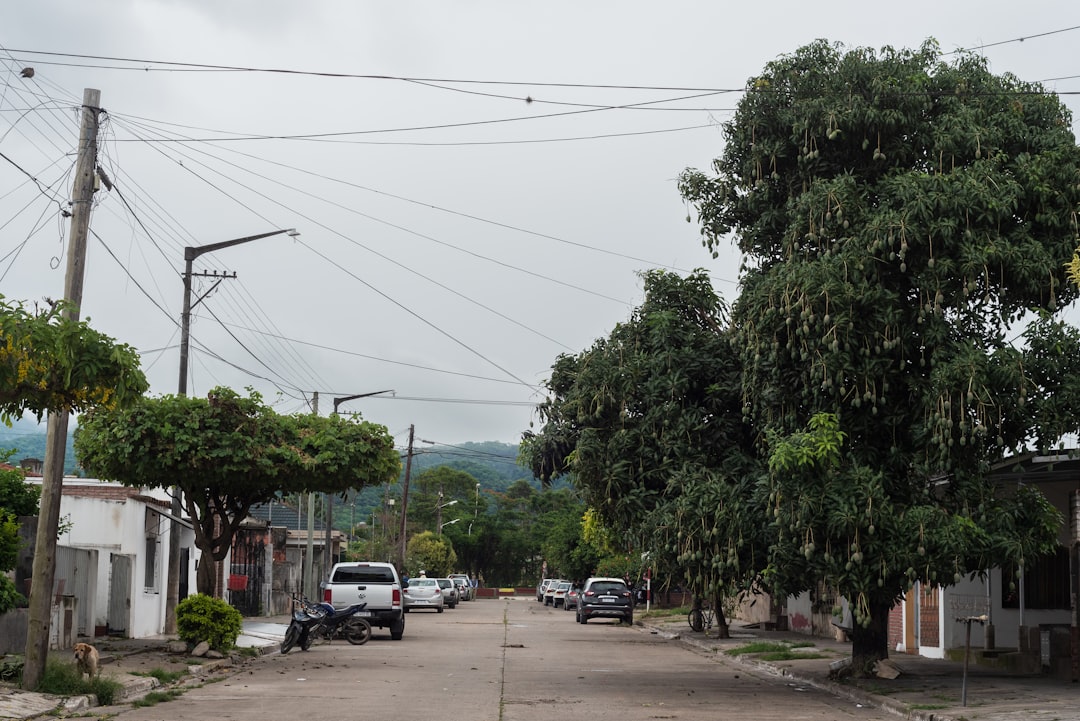Corporate Middlemen Obscure Profit Distribution — here’s what’s new, why it matters, and what to watch next.
Corporate Middlemen Obscure Profit Distribution in Australian Fossil Fuel Ventures
At a Glance
A recent report highlights the role of corporate intermediaries in masking the true beneficiaries of fossil fuel projects in Australia. These middlemen have become pivotal in the complex network of energy production, making it difficult to ascertain who ultimately profits from these ventures. The findings raise significant concerns regarding transparency, accountability, and the environmental implications of fossil fuel extraction in the region.
Background & Timeline
The report, released by a coalition of environmental organizations and research institutions, comes at a time when Australia is grappling with its energy policies amid increasing climate concerns. As one of the world’s largest exporters of coal and liquefied natural gas (LNG), Australia’s fossil fuel industry is a vital part of its economy. However, the methods through which these resources are managed and profited from have come under scrutiny.
- 2015: Australia’s energy landscape begins to shift with heightened international pressure for climate action.
- 2017: The Australian government announces tax incentives for fossil fuel extraction, spurring investment in new projects.
- 2020: The advent of the COVID-19 pandemic causes a temporary dip in fossil fuel demand, leading to significant price volatility.
- 2022: Environmental activists intensify their campaigns against fossil fuel projects, demanding greater transparency in profit distribution.
- 2023: The report is published, detailing the complicity of corporate middlemen in obscuring profit flows from fossil fuel projects.
- Regulatory Changes: Watch for potential legislative reforms aimed at increasing transparency in the fossil fuel industry. Policymakers may introduce measures requiring companies to disclose their profit-sharing arrangements more clearly.
- Investor Reactions: Investors are increasingly prioritizing Environmental, Social, and Governance (ESG) criteria when making decisions. The findings may push them to reassess their investments in the fossil fuel sector.
- Public Opinion: As awareness grows around the impacts of fossil fuel extraction, public sentiment may shift, leading to greater demands for accountability from both the government and corporations.
- Corporate Responses: Watch how corporations involved in fossil fuel extraction respond to the report. They may need to reevaluate their practices to maintain their reputations and market positions.
What’s New
The report draws attention to the growing trend of using corporate middlemen—companies that facilitate transactions between producers and end-users—such as trading houses and investment firms. These entities often operate in the background, obscuring the direct financial relationships between fossil fuel producers and the actual beneficiaries of these resources. According to the report, this lack of transparency not only complicates the understanding of profit distribution but also raises ethical concerns about accountability, environmental responsibility, and community impacts.
Furthermore, the study indicates that many of these middlemen have no direct involvement in the extraction process, yet they are positioned to reap significant financial rewards. This has led to calls for regulatory reforms that would compel companies to disclose their financial relationships and profit-sharing arrangements more transparently.
Why It Matters
The implications of this report extend beyond mere financial interests; they touch upon environmental and social justice issues. By obscuring who profits from fossil fuel extraction, corporate middlemen not only evade scrutiny but also enable practices that may harm local communities and ecosystems.
Environmental advocates argue that greater transparency is crucial for holding corporate actors accountable for their environmental impacts. The report’s findings suggest that without a clear view of how profits are distributed, it becomes challenging to assess the full impact of fossil fuel projects on climate change and local environments.
Moreover, the findings could influence public policy and investment decisions, as consumers and investors increasingly seek to align their choices with ethical considerations. The Australian government may face pressure to implement stricter regulations that demand transparency in the energy sector, particularly as the global shift towards renewable energy continues to accelerate.
What to Watch Next
FAQ
Q1: What are corporate middlemen in the context of fossil fuel projects?
A1: Corporate middlemen are companies that facilitate transactions between fossil fuel producers and end-users, often without direct involvement in extraction. They can include trading houses and investment firms, which obscure the actual profit distribution.
Q2: Why is transparency in profit distribution important?
A2: Transparency is crucial for holding companies accountable for their environmental and social impacts. It helps stakeholders understand who benefits from fossil fuel projects and ensures that profits are not derived at the expense of local communities or ecosystems.
Q3: How might the findings of this report influence public policy?
A3: The report could lead to increased pressure on policymakers to implement regulations that demand greater transparency in the fossil fuel sector, potentially reshaping investment decisions and corporate practices.
Q4: What are the potential environmental implications of these findings?
A4: The findings suggest that without transparency, it is difficult to assess the full environmental impact of fossil fuel projects and hold companies accountable for their contributions to climate change and local ecological degradation.
Q5: How can investors respond to this report?
A5: Investors may reassess their portfolios, prioritizing companies that demonstrate transparency and accountability in their operations, particularly regarding fossil fuel investments.
Takeaways
The report on corporate middlemen in Australia’s fossil fuel industry raises critical questions about the structure of profit distribution and the ethical implications of energy production. As scrutiny intensifies, the need for transparency and accountability becomes increasingly urgent, not only for environmental sustainability but also for social justice. Stakeholders, from policymakers to investors and the public, will have to navigate these complexities as they consider the future of energy in Australia.
—
Sources & Credits: Reporting synthesized from multiple reputable outlets and official releases.
Read our related coverage for more on Corporate Middlemen Obscure Profit Distribution.
For context and confirmations, see reputable wires like Reuters or AP News.
Source: Original Source. Reporting synthesized from multiple reputable outlets and official releases.
For deeper analysis on Corporate Middlemen Obscure Profit Distribution, explore more reports and explainers on Insurance Rate Expert.













